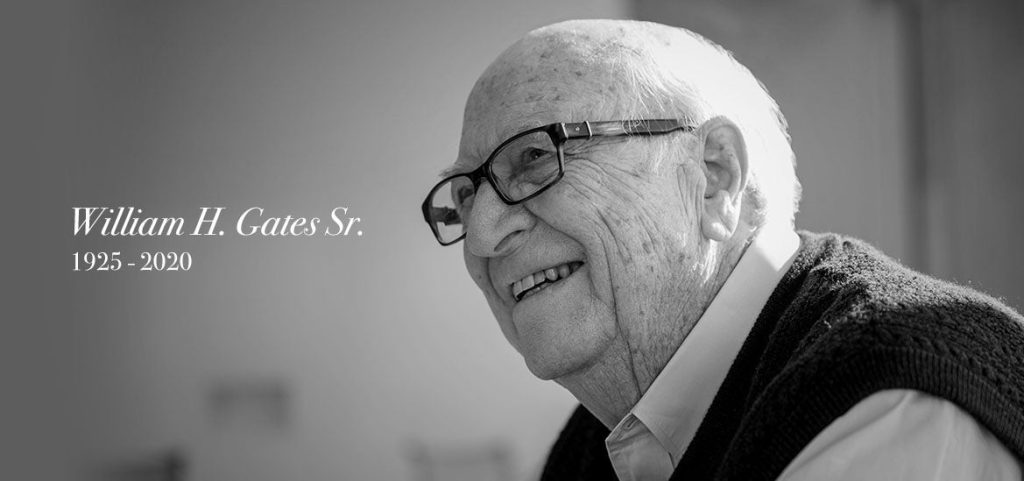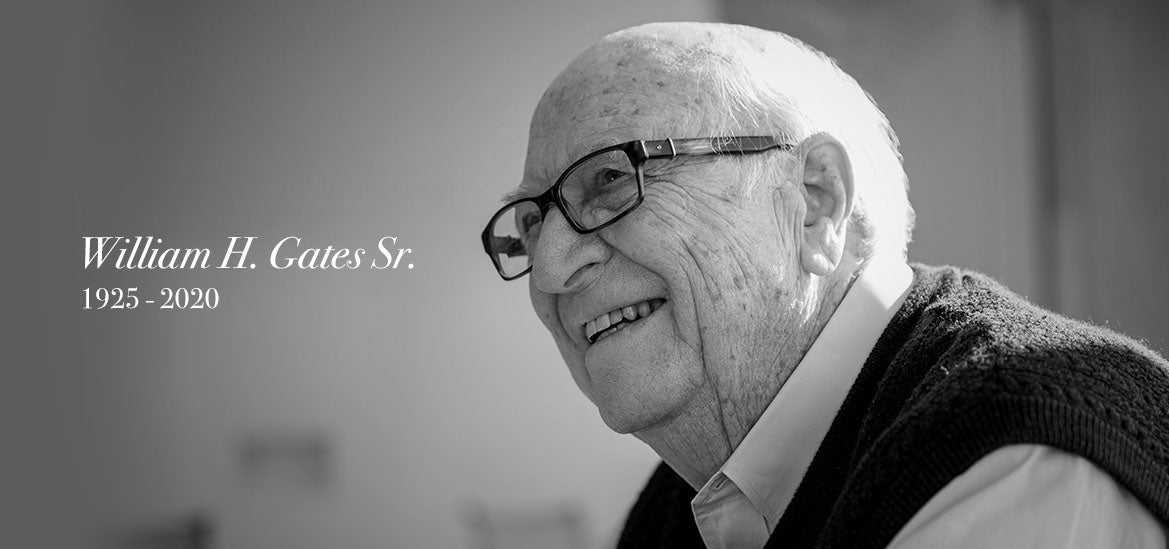
A Photographer’s Honest Tribute to the Aging Process of Her Body

### Rosalind Fox Solomon: A Late-Blooming Artistic Icon and “A Woman I Once Knew”
Photographer Rosalind Fox Solomon is a testament to the fact that creativity knows no age limit. Her life and work have defied societal expectations, resulting in a poignant artistic journey that began not in her youth but in her midlife. This transformational journey is highlighted in her latest book, *A Woman I Once Knew*, which explores her decades-long archive of self-portraits and her remarkable life story — a life filled with personal and professional challenges, self-discovery, and a deep, raw portrayal of the human condition.
#### A Late Start to an Iconic Career
Born in 1930 in Highland Park, Illinois, Rosalind Fox Solomon grew up in a societal framework that discouraged women from pursuing careers in the arts, particularly unconventional ones. By the time she reached her 50s, she had already lived through several “lives” — as a wife, a mother of two, a political volunteer, and an activist. Marrying a man nine years her senior limited her outlets for self-expression. However, her desire to create never waned, even through her husband’s declining health and their eventual divorce.
It wasn’t until Solomon reached the age of 53 that she truly began to focus on her artistic calling. In an era where most individuals contemplate retirement, Solomon cut her teeth in photography, transforming late-in-life creative development into a powerful force for personal and social commentary. By this time, she had successfully navigated through failed domestic expectations to emerge as an artist with a deeply introspective and international body of work.
#### *A Woman I Once Knew* — A Midlife Manifesto in Art
Solomon’s book *A Woman I Once Knew* stands as both an artistic and autobiographical treasure. It presents not only a series of unflinching self-portraits created over decades, beginning in Solomon’s midlife, but also written reflections on her life’s journey. The text reveals the complexities and nuances of a woman who constantly had to redefine herself amidst ever-changing personal, societal, and global landscapes.
What’s particularly striking about Solomon’s body of work is its unapologetic focus on the aging female form. Her images capture her body in raw, often unidealized, ways — hairy genitals, sagging breasts, surgery scars, and disfigured feet from hammertoes and aging-related conditions stand in stark contrast to societal messages that commonly encourage women to conceal the signs of aging. Through this stark and honest portrayal, Solomon questions cultural norms and challenges viewers to reconsider the conventional beauty standards imposed on women.
Her medium serves as a powerful tool to reclaim bodily agency, particularly in a world that continually seeks to define women’s roles, bodies, and worth. With each photograph, Solomon asserts self-ownership—stripping away the expectations of how women *should* look or behave.
#### Artistic Voyages and Activism
Solomon ventured far beyond the confines of her hometown and cultural milieu. Her work spans continents and captures the essence of diverse communities, including the indigenous people of the Peruvian Andes, the inhabitants of Kolkata, India, and those living in parts of Zimbabwe. In the late 1980s, she tackled one of the most politically fraught topics of the era with her groundbreaking photographic series *Portraits in the Time of AIDS*. This work chronicled the lives of individuals affected by the epidemic, casting an unsentimental but compassionate eye on a crisis that political bodies had dangerously neglected.
Solomon’s work transcended mere photojournalism. She sought to humanize individuals who were often marginalized or stigmatized. Her series *Women with AIDS*, featuring sex workers in Honduras, similarly explored the consequences of social exclusion. Even when tasked by *Vogue* to capture “upbeat” images of sex workers for their AIDS-focused edition, Solomon refused to offer airbrushed, sanitized perspectives, affirming her dedication to documenting authentic human experiences.
#### A Lifetime of Recognition
Solomon’s accolades are plentiful. Her enduring body of work has earned her a *Lifetime Achievement Award* from the International Center of Photography in 2019. She has also received prestigious recognitions such as a National Endowment for the Arts Fellowship, a Lucie Award for Achievement in Portraiture, and a Guggenheim Fellowship. But beneath this veneer of acclaim lies another truth Solomon does not shy away from discussing — the personal costs of forging an artistic career. In the text accompanying *A Woman I Once Knew*, Solomon reflects on struggles with self-sabotage, managing psychosis, and understanding her aging body in an unflinching, introspective manner.
#### Artistic Introspection and Self-Reflection
At the core of *A Woman I Once Knew* is Solomon’s willingness to turn the camera inward. While her earlier work focused primarily on others, particularly marginalized communities around the world, her later self-portraits are